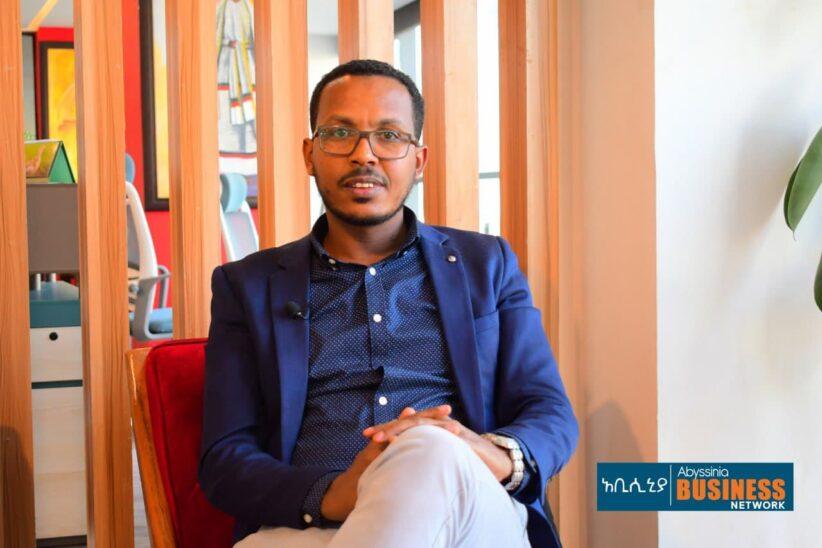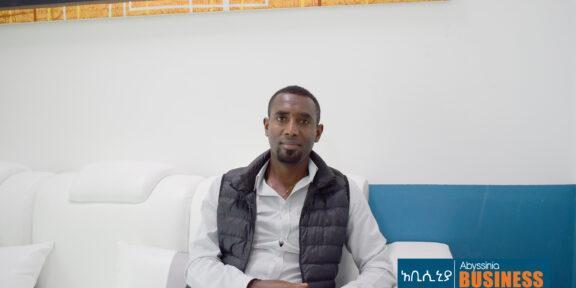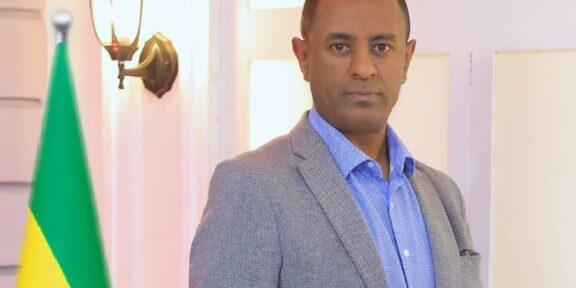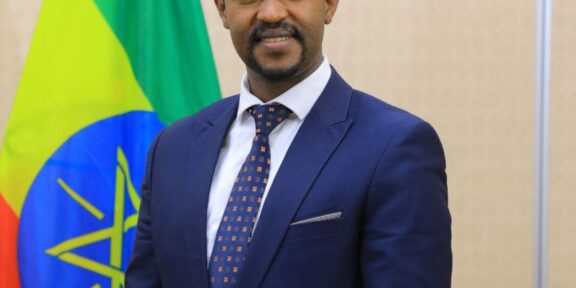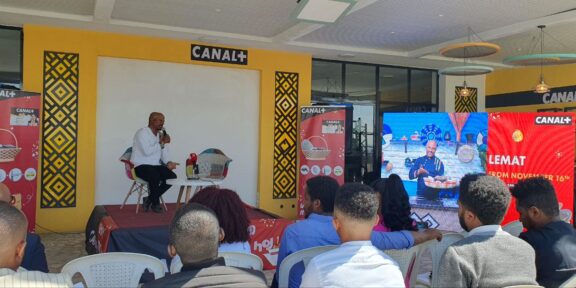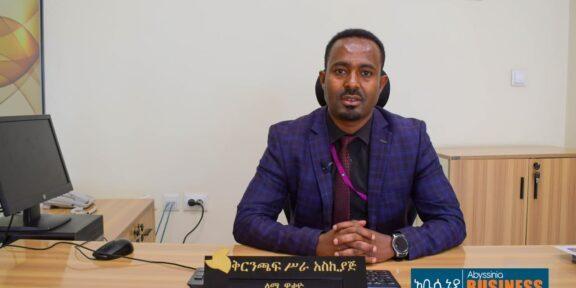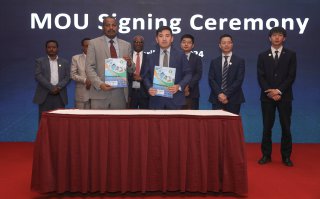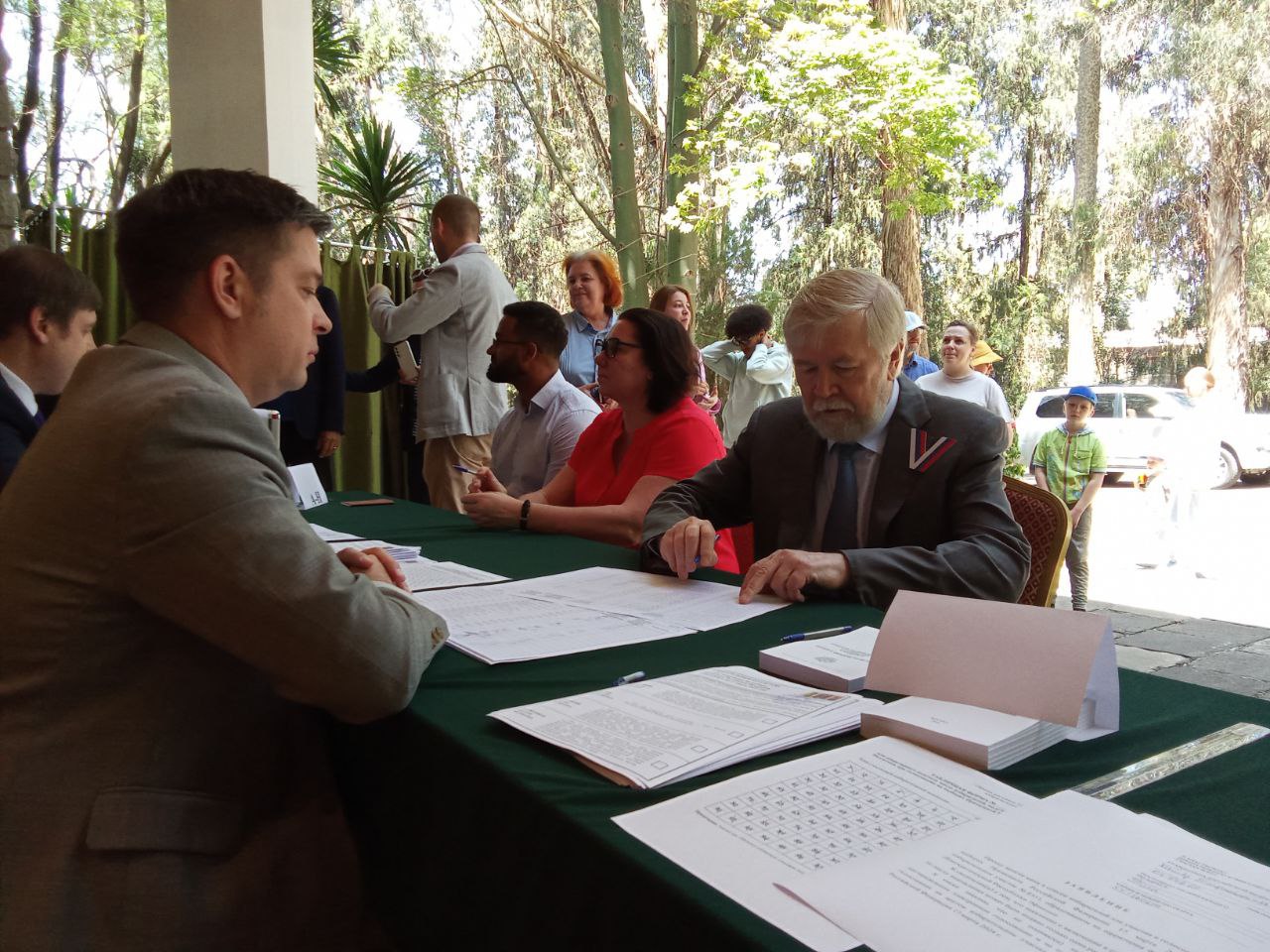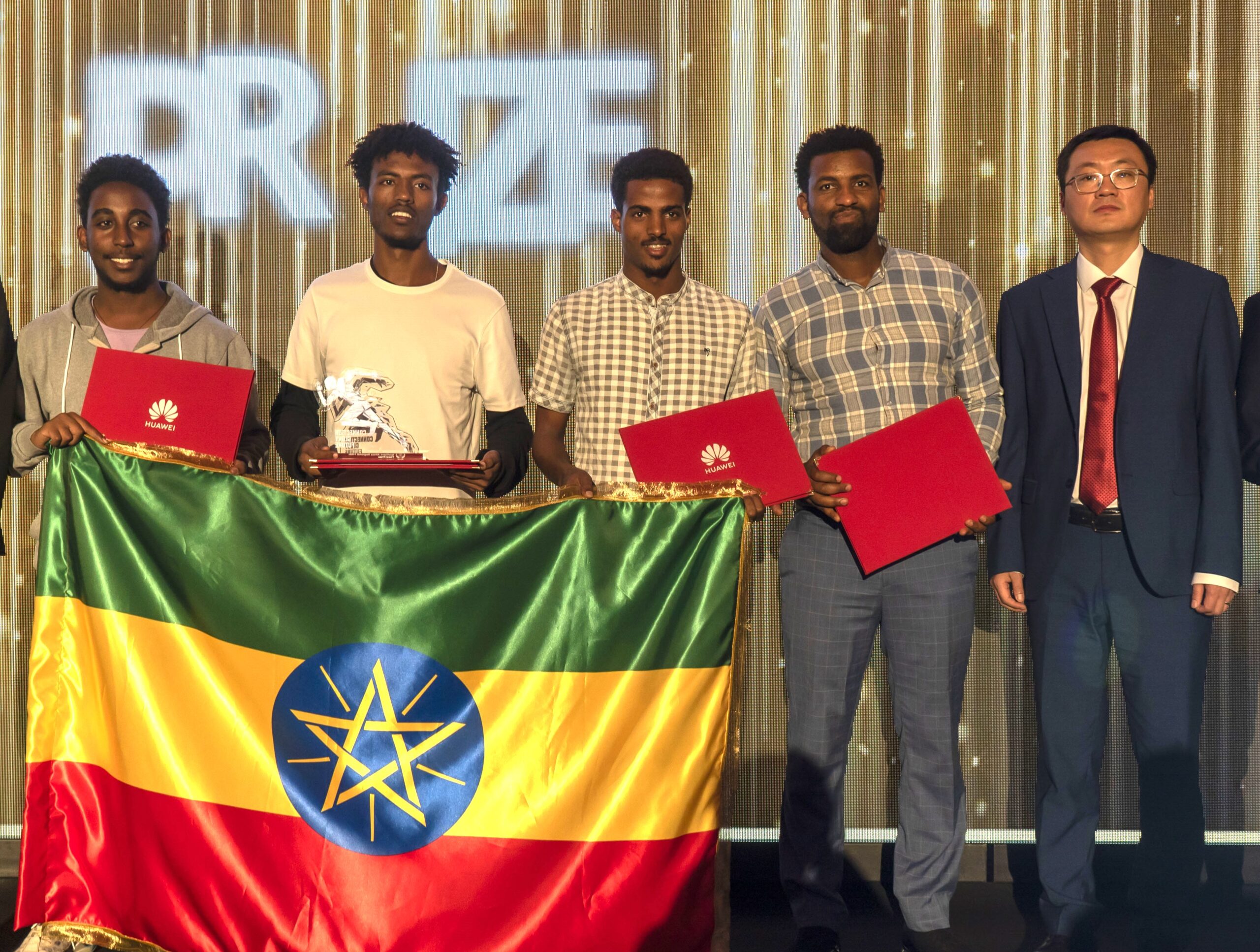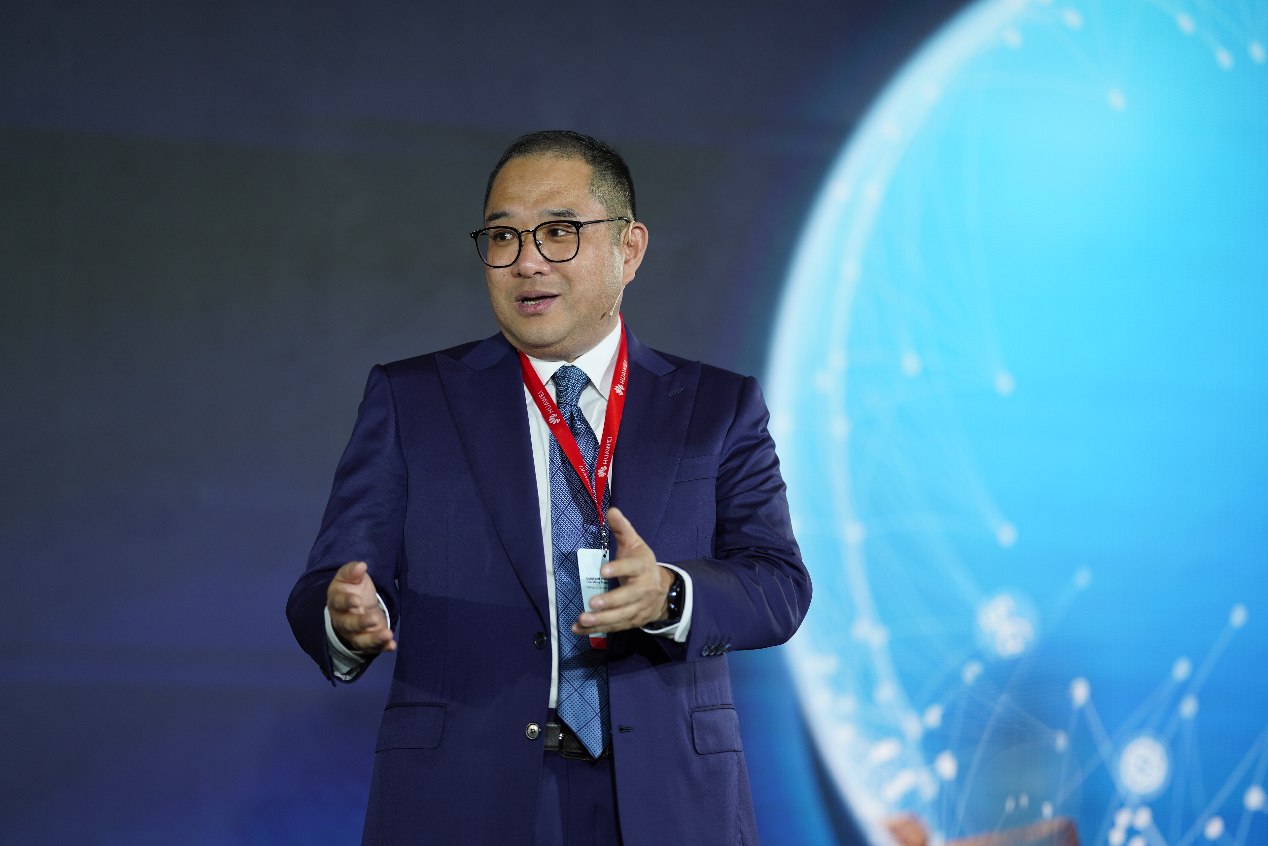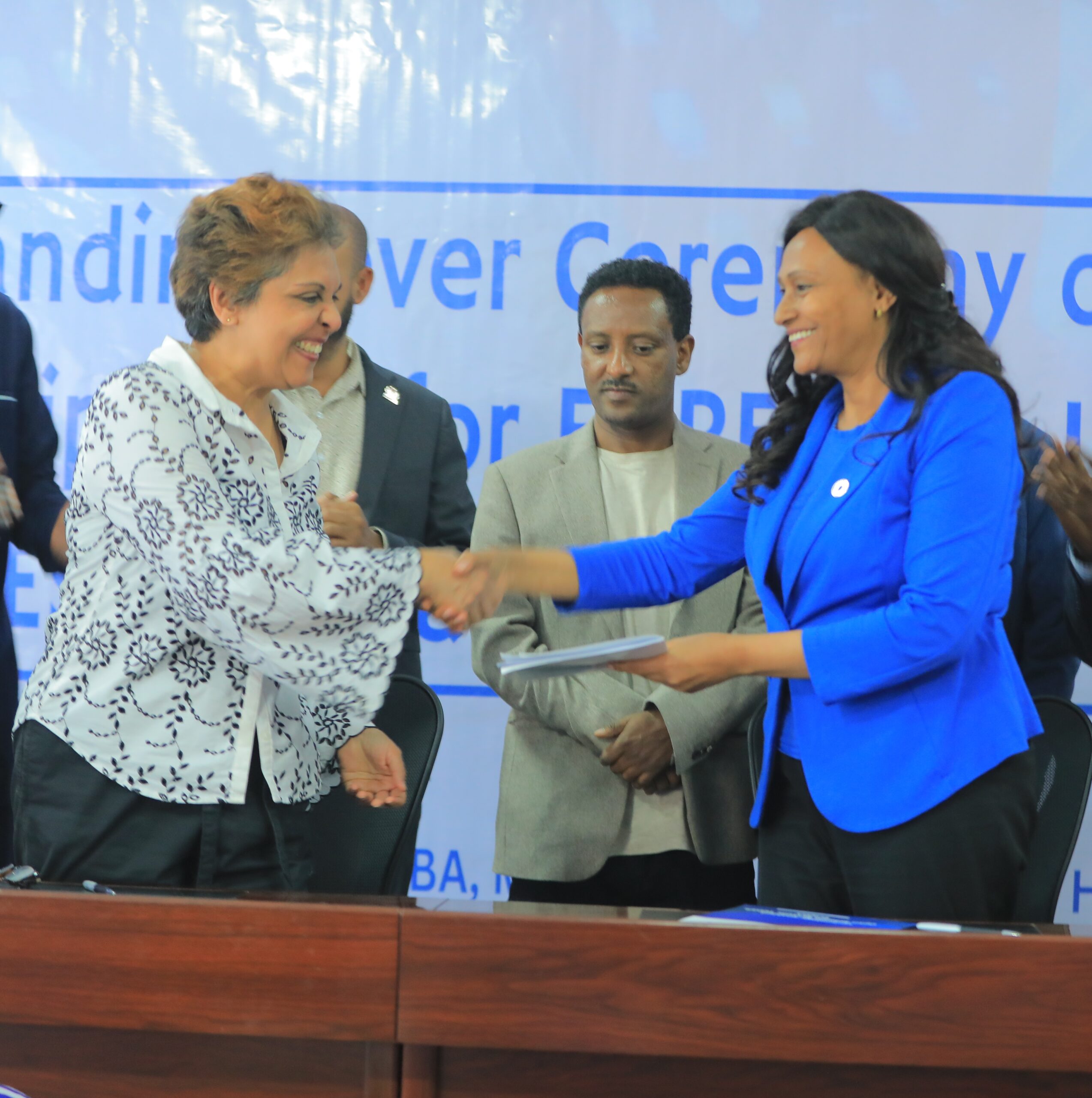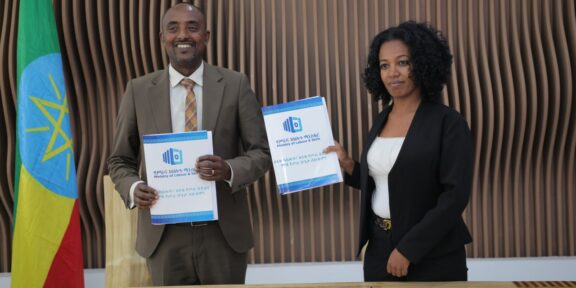The national economy of a country is, in fact, based on small and medium industries. These are the fundamentals, the foundations of all national economies. There is already a change we can see in the ecosystem in Ethiopia.
National economies are linked to the expanding global economy. Short-term benefits of economic growth seem obvious: The more businesses and nations that profit, the more individuals have jobs and resources and the higher their standards of living. More people with jobs and resources consume more goods and services. More goods and services consumed feed the economic machine and the cycle continues.
In addition, Worldwide Tourism aka smokeless industry has been playing vital role in a given country’s economic development. The tourism sector in Ethiopia is believed to remain untapped due to various reasons. The different tourism values such as historical, natural and cultural heritages in Oromia Regional State were neglected for decades. Now a new day has come to unveil the mesmerizing and breathtaking tourism destinations across the region.
ABN’s Daniel Tiruneh sat down with Nega Wedajo, the Oromia Tourism Commission Deputy Commissioner to discuss the tourism and travel sector in the region. Nega earned diploma in Language before earning his bachelor’s degree in leadership and development studies from Mekane Yesus Management and Leadership College. In 2015 and 2021, Nega obtained his MA in Social Work and Public Policy and Management from Addis Ababa University respectively. He first started his professional career as a teacher and later worked as a communications expert. He also had stints in non-governmental NGOs as program development officer, monitoring and evaluation expert and program director.
Oromia is a nation consisting a third of Ethiopia’s total land size and the largest contributor to the national GDP of Ethiopia. The region has also a number of tourist attraction sites such as national parks, reserves and captivating natural wonders. Despite this fact, “Efforts to promote the existing natural riches of the Oromia region have not been proportional to the potential,” conceded Nega. However, recent promotional efforts in digital and social platforms have returned encouraging results. The regional commission has promoted tourism efforts under the Visit Oromia slogan, and has also used mainstream media such as radio, TV, and newspapers for its cause.
“The tourism commission reached agreements with 9 educational institutions, to carry out researches on tourism development within the vicinity of the universities’ locations so the local community can benefit through job creation and existing knowledge gaps can be filled.”
The Oromia Tourism Commission is a newly organized regional government entity currently operating under the leadership of chief commissioner Lelise Dugha while Nega Wedajo serves as the Deputy Commissioner of commission bureau. Destination site development is also another area of interest for the Oromia tourism commission. Several amenities that are necessary for tourist such as lodges, hotels, resorts and other accommodations need to be properly developed.
To this end, motivating the local community to encourage participation in the sector, drawing investment, and service enhancement of long-serving hotels, and other works have been carried out over the past year, as Nega highlighted. Though considered as one of the pillars of the Ethiopian macro-economy, investment efforts and infrastructural developments in the sector are still at their infant stages.
In order to make the tourism sector successful in the Oromia Region, the contribution of higher educational institutions and government organizations is of paramount importance. However, trends of collaborative research work by governmental and research institutions have remained lamentable thus far. This cycle needs to be broken, and actionable researches need to be conducted on the tourism sector. To this end, the tourism commission reached agreements with 9 educational institutions, to carry out researches on tourism development within the vicinity of the universities’ locations so the local community can benefit through job creation and existing knowledge gaps can be filled. As such, the first research forum is inaugurated and initial studies are underway.
Additionally, the tourism commission bureau has planned to create jobs through collaborative ventures by partnering with various non-governmental organizations. The strategic plan has set out to create 500,000 direct and indirect jobs within the next 5 years. Direct job opportunities are being created by mobilizing partner institutions.
One such example is the collaborative project with a consultancy firm named first consult backed by the aid of the MasterCard foundation. The project has a finance of 10.6 million birr and aims to create 3000 job opportunities in 8 different tourist destination sites in Sof Oumer, Borena national park, Arsi mountain national park, Errer and Suba forest conservations, Abiata, Shala and Batu.
Another joint project with an NGO called IDH in Batu aims to create 150 jobs with 3 million birr. A collaborative work with Google Arts and culture to digitize the tourism sector in the Oromia region is also underway and the pilot project to showcase different touristic assets of Oromia in the center has commenced. The project has a finance of 20,000 USD and it also incorporates other sub-projects besides digitization.
One of the major destination development projects being developed is the Wenchi-dandi Tourism Village project. The Wenchi Ecotourism Association has youths producing honey from medicinal plants for the purpose of export and dissemination in the local market. The association has also created jobs for youths engaged in boat-trip services. Such accomplishments have earned Wenchi the best tourism village recognition by UN World Tourism Organization UNWTO on its annual tourism conference. Wenchi was selected out of 172 tourist destinations.
Nega further explained that roads, schools, hospitals and other utility services are being developed so as to make the destination well facilitated with the necessary infrastructure provisions. On the first round of development 5 lodges will be developed. There will be a total of 17 lodges and these eco-friendly lodges will be constructed from materials obtained from natural resources found in the same area.
The other lake, Dandi, is located between the towns of Ambo and Ginchi. Once completed it will connect the two crater lakes and enables the creation of a new development zone where local people can carry out day to day economic and social activities leaving Wenchi and Dandi tourism villages exclusively as destination sites for high-end tourists. The first of 3 phases of development schedules has commenced.
Diaspora community involvement in the Wenchi-Dandi project is increasing now. Not only the local tourist’s interest is increasing, but diplomatic communities are also showing curiosity to visit and contribute their part for the development of the destination. The soaring interest levels is attributed policy shifts and modifications that have enhanced the momentum of the site’s development and as such tour operator companies and other stakeholders are preparing tourist packages for the destination,
“The selection of the destination by the UNWTO as the best tourism destination elevates national pride and enables the local people and investors to cherish the place more than ever and view the place as an invaluable national asset.”
Homecoming and tourism are interlinked concepts, as Mr. Nega elaborated, since tourism technically means to travel from a place of dwelling and move to another place for a period of 24hours upto-1 year. Hence, activities of the homecoming participants have all-rounded economic benefits through investment, site-visiting, consuming goods etc. Additionally, for the diaspora community interested to investment in the tourism sector, special incentives are provided. Mr. Nega also mentioned that some of the countries with best international experience in using diaspora homecoming calls as income generating events are Ireland, Gambia and Nigeria. Countries such as Ghana and Kenya had organized such events multiple times.
The deputy commissioner also mentioned some of the benefits of The Great Ethiopian Homecoming call. The national call is instrumental in building national image, and send message to the international community that even though there are political differences, Ethiopians stand in solidarity against foreign powers and the UN which are clearly pressuring Ethiopia to succumb to their demands.
It also gives the nation a time to reflect on the values of its people as it can be used as an instrument to voice a common agenda that at a time where western media outlets and organizations disseminate misleading information that Ethiopia is unstable and divided its people on the contrary choose to refute such unwarranted claims by standing together as a united front.
Stressing on the value of Wenchi-Dandi project, Nega said that the selection of the destination by the UNWTO as the best tourism destination, elevates national pride and enables the local people and investors to cherish the place more than ever and view the place as an invaluable national asset. The fact that the tourist destination is selected by a credible institution elevates the status of the Wenchi-Dandi project, Nega mentioned.
With regards to the preparations to serve the diaspora, the Deputy Commissioner said that a national committee is inaugurated to enable the diaspora get premium service with price discounts. Stakeholders of the tourism sector such as car renters, hotels and other hospitality service providers are urged to a 30% discount as it helps to stimulate the COVID-stricken tourism industry.
In his concluding remarks, Nega stressed that the understanding of tourism needs to be changed, and that local tourism should be encouraged through advertisement by national media companies and other outlets so that the country benefits both from local and international tourists.


